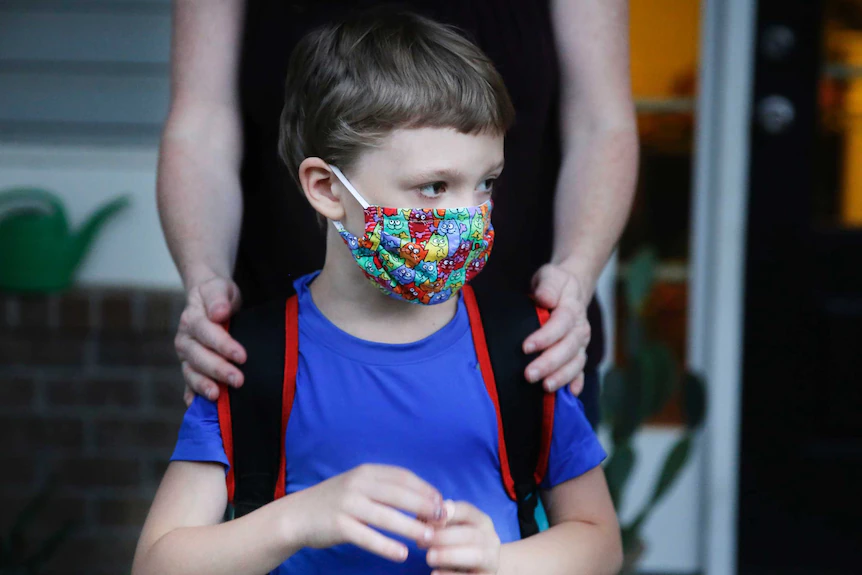
So far, COVID-19 has been a global issue causing millions of deaths, predominantly amongst older people or those with underlying conditions. It was originally thought that kids simply couldn’t spread it.
However, now we have Delta – the variant of SARS-CoV-2 that seems to be affecting young adults and children more and more.
So what do we know about kids and the Delta strain of COVID-19?
Delta is 200% more transmissible, meaning one person approximately infects six to ten people – on par with the transmissibility of chickenpox. And vaccinated people who are infected with Delta can indeed spread it to others.
COVID-19 can produce mild to severe illness in kids. By the end of July 2021, approximately 4.1 million cases of COVID-19 in kids had been reported, and according to the Centers for Disease Control and Prevention, the national public health agency of the United States, that is an underestimate because so many cases haven’t been tested.
Hospitalisation rates and deaths amongst children are rising due to Delta, and COVID-19 is now in the top 10 causes of death for adolescents in the US. Long-term effects of COVID have also been reported amongst children and teenagers.
 Image source: ABC Australia
Image source: ABC Australia
Much of this data has been gleaned from the US where uncontained COVID-19 is spreading at a much faster rate than it is in Australia, so we now have the benefit of learning from this in order to address transmission of COVID-19 amongst kids in our country.
Though unfortunately, the vaccines have been only rolled out for older age groups so far in Australia, they are slowly now starting to become available for teenagers, and on the horizon, children under 12 years old.
Our peak health and safety bodies, the Australian Technical Advisory Group on Immunisation (ATAGI) and Therapeutic Goods Administration (TGA) have approved and recommended the Pfizer vaccines for 12 to 15-year-olds who have Aboriginal and Torres Strait Islander heritage or underlying medical conditions - including cancer or recent cancer treatment - so we can take this opportunity to get our adolescents who fit these criteria vaccinated.
We can also take this opportunity to consolidate their awareness about the importance of good hand hygiene, mask-wearing in community outbreak settings, and staying home and away from others when feeling unwell – a combined approach to health and safety is always best.